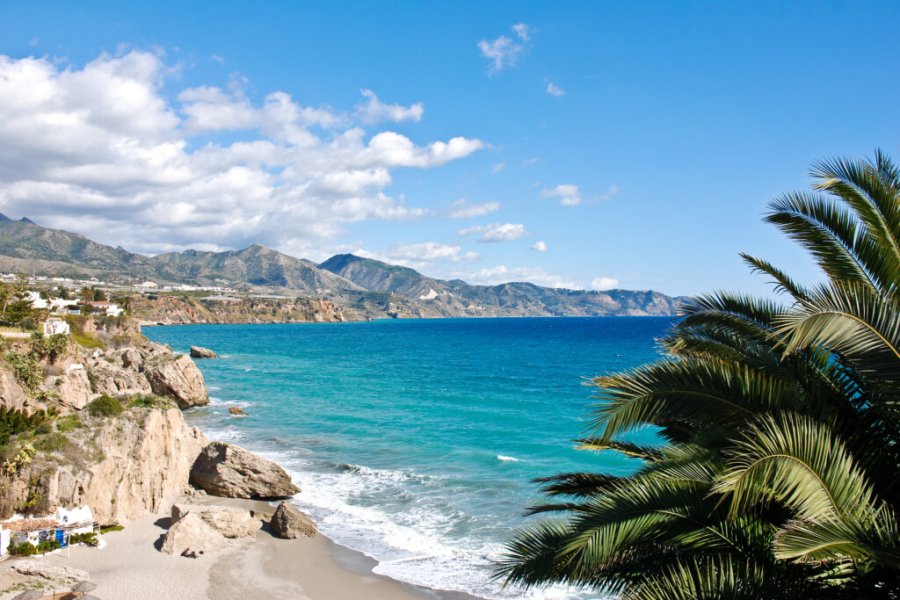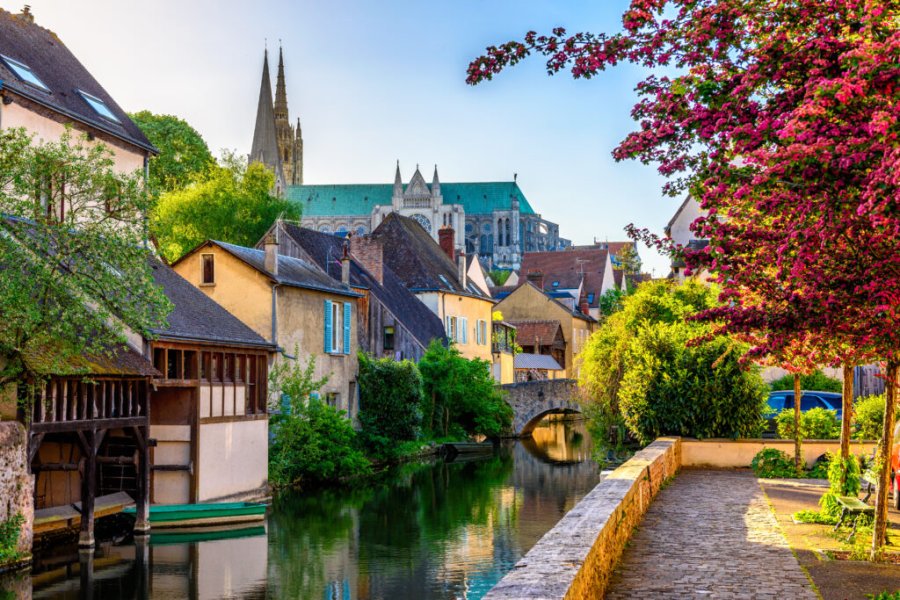Travel Guide Îles Kerkennah
Find an accommodation
Advertising
20 km from the coast of Sfax, just above the water, at the end of a very calm jade sea, appear these preserved islands. Behind a modest curtain of palm trees, the Kerkennians live, isolated from the world.Kerkennah is essentially composed of two islands: Gharbi, the western one, 15 km by 7 km, and Chergui, the eastern one, 42 km by 8 km. All the other islands, Chermadia, Gremdi, Roumedia, Sifnou and many others, are smaller and uninhabited. Today, a wide road cuts through the archipelago: the "Boulevard of the Environment". Here, it is called the "carpet".After the forced crowd of the landing in Sidi Youssef, the road seems to be all set to take the visitor to an unknown world, but already attractive. A single axis, it runs through an immense palm grove, slows down in the town of Mellita, the only small town in Gharbi, to arrive in Chergui, the great Kerkennah where most of the population is grouped in about fifteen villages. Remla is the "capital", the administrative center. This is where the bus depot is located, which serves the whole island.The land of the sea. Life on the island is harsh, despite the charm that emerges. We live here mainly from fishing, a little agriculture and crafts. Kerkennah is surrounded only by shoals that the tide covers and uncovers largely.This configuration favored, first of all, the establishment of fixed fisheries. Of all the governorate of Sfax, the island has the highest density of boats. Any good Kerkennian has a boat or a felucca ... It is also a spectacle not to be missed at sunrise: the departure at sea. The man goes to raise his traps The palm tree, king tree here, offers its palms for the making of the wickerwork of the fixed fisheries. The manufacture of a trap called char-fia consists in aligning the palms in a "V" shape, or arrow. This alignment of leaves forms a path that the fish follow to the drinas, a kind of cage where they enter without ever being able to leave! Hedges of palms emerge, here and there, around the archipelago. These small dams of 2 m height require several thousands of palms for each of these trap zones. Already used 2,500 years ago by the Phoenicians, this method is particular, because the fish remain alive. Early in the morning, the fisherman comes to raise his trap and you are then sure that your fish is very fresh. This technique is strongly used in Mellita and Sidi Youssef.Kerkennah is one of the places on earth, perhaps the only one, where you can own the sea. The story goes back to the end of the 18th century. Some Sfaxians, more cunning than others, wanted to make the Kerkennians believe that they had bought parcels of sea around the archipelago, which allowed them to come and fish on their territories. The islanders, incredulous, went to inquire with the bey to know the truth. However, the latter found the idea clever and decided to share the shoals among the most needy of the island. Officially, the Kerkennians became owners of parcels of sea, which they were free to exploit in their own way. On average, these were small areas of 150 m² where each person set up their own fixed fisheries. Little by little, these plots of land became the object of multiple rental transactions: auctions were set up to collect increasingly important rents. The original idea of the bey was thus completely distorted, the less fortunate no longer having any chance of obtaining a small rental.On these islands, people are really proud of their sea and their fish. The old people even say, "With all the fish we eat, it's no wonder we're smart!" The women spend hours preparing delicious dishes: the octopus couscous is one of choice, the holiday meal.Kerkennah is one of the places in Tunisia where you can feel isolated, far from everything. It is this isolation that has given the people here their great strength of character. It has made these islanders men apart, fighters that we often find in high positions. Perhaps it is thanks to this damn character that the island has not changed too much over time. "No need for tourism here! We will not sell to developers to become like Djerba! This does not prevent lovers of the archipelago to buy a house or a piece of land.Moreover, one must be careful when landing on the island: the tourist being rather a little known species, long walks in bikini or sunbathing on deserted beaches are strongly discouraged.For some it's paradise, for others it's hell - it all depends on what you're looking for - Kerkennah is another world. A tourist, a little more curious than the others, will come one fine morning by ferry to taste this typically Tunisian atmosphere.At sunset, it is good to sit facing the sea and observe the small feluccas waddling and pointing their noses in the same direction while waiting for a new day. Some Kerkennians relax while sipping a boiling mint tea or a cardamom flavored kawa. The chichas gurgle one after the other. They chatter, much more talkative than the men who only open their mouths to let out a wisp of smoke. Time has stopped and we savor the moment. "Each day is a life", says the poet.A few delayed boats return to the fold. The kanoun is getting redder and redder, the embers will soon be ready to grill the crabs, the dried octopus. The muezzin calls one last time to the prayer, the café will close. We are elsewhere, out of time.
Weather at the moment
Advertising
Organize your trip with our partners Îles Kerkennah
Transportation
Book your plane tickets
Car Rental
Boat rental
Accommodation & stays
Find a hotel
Holiday rental
Find your campsite
Tailor-made trip
Immersion travel
Services / On site
Activities & visits
Find a doctor
Îles Kerkennah travel inspiration
Find unique Stay Offers with our Partners
Other destinations nearby Îles Kerkennah
100 km away





